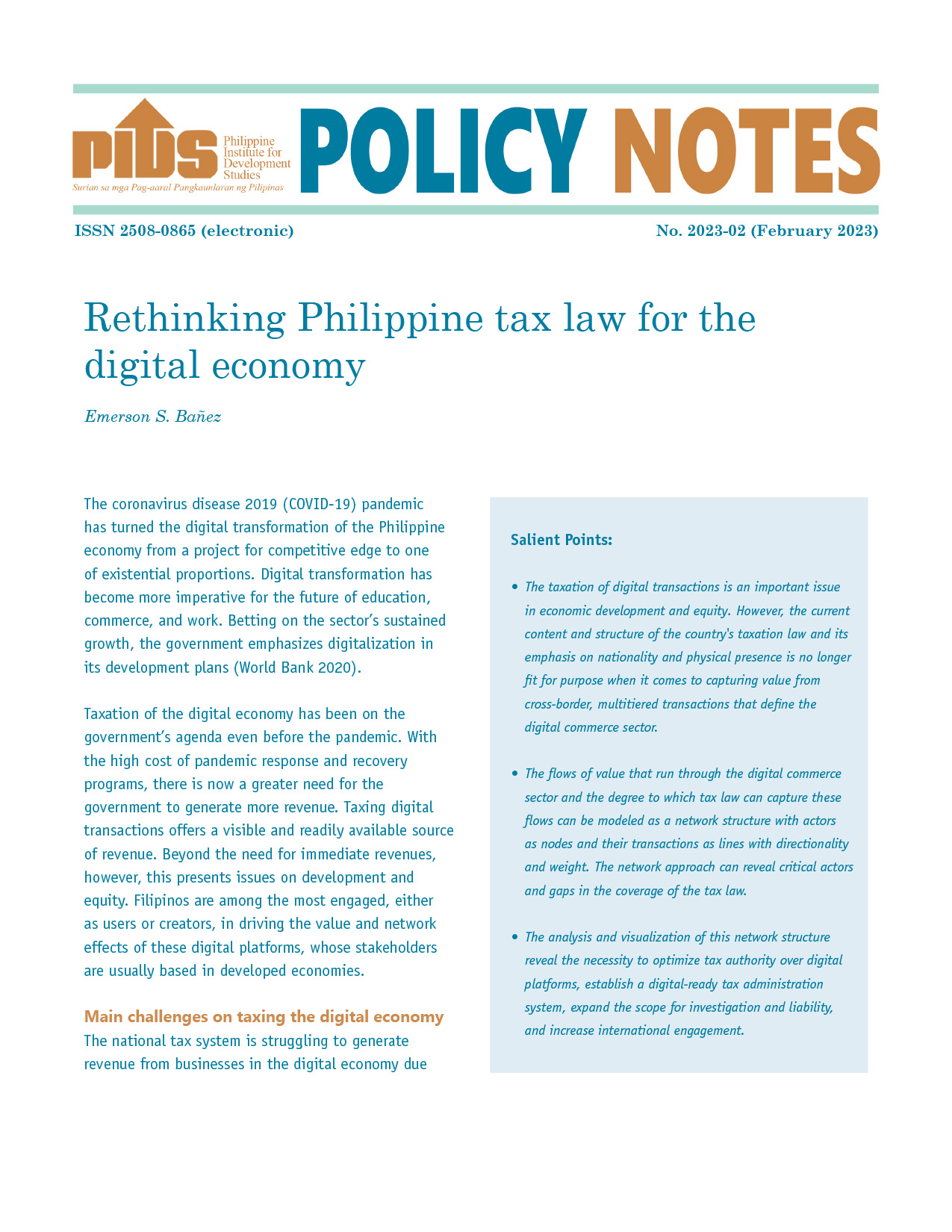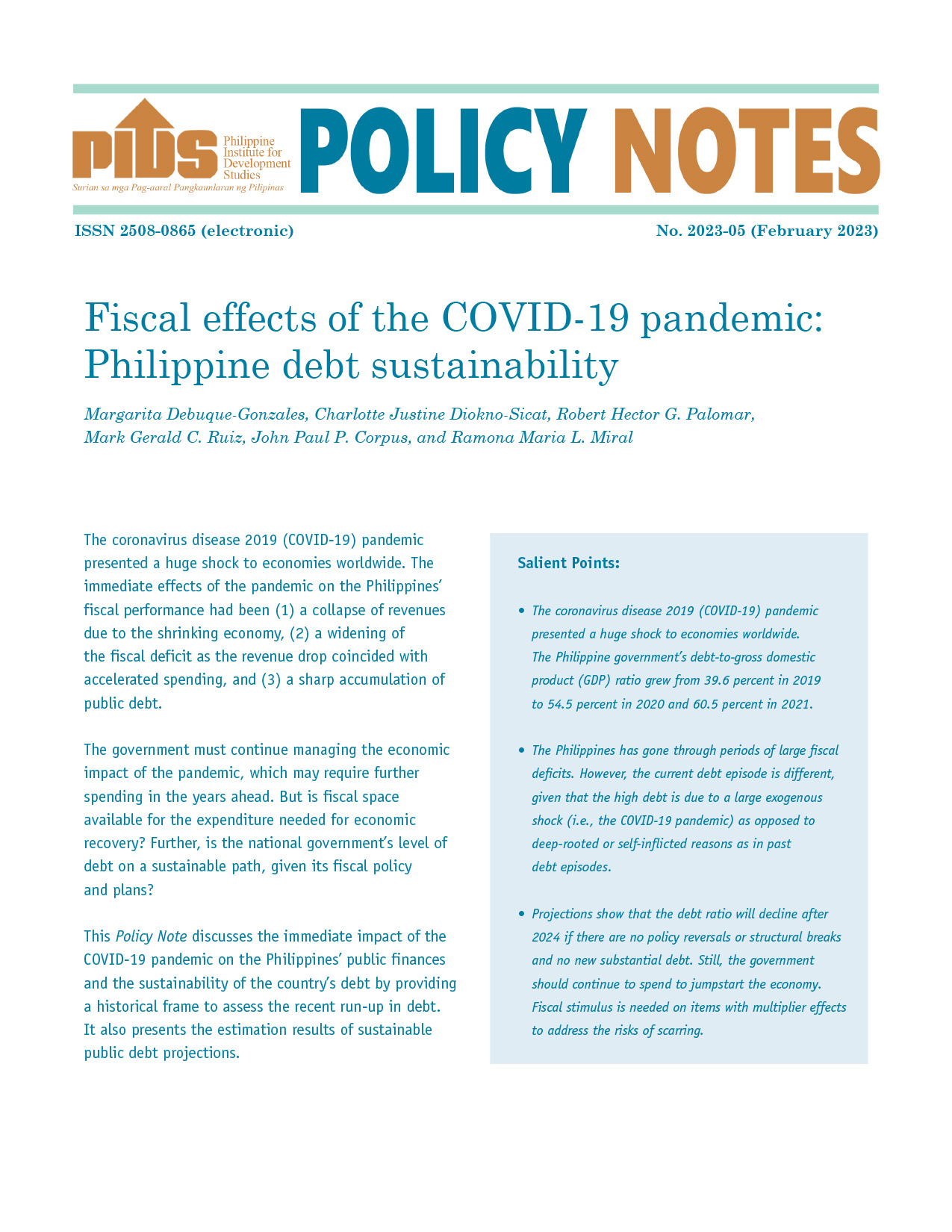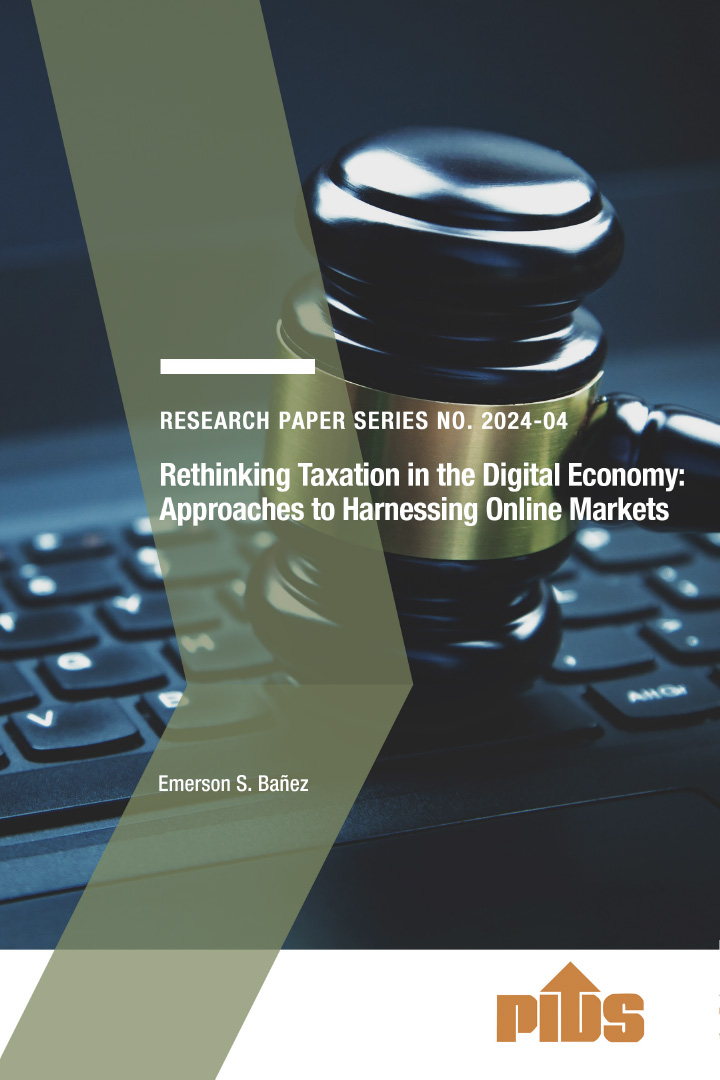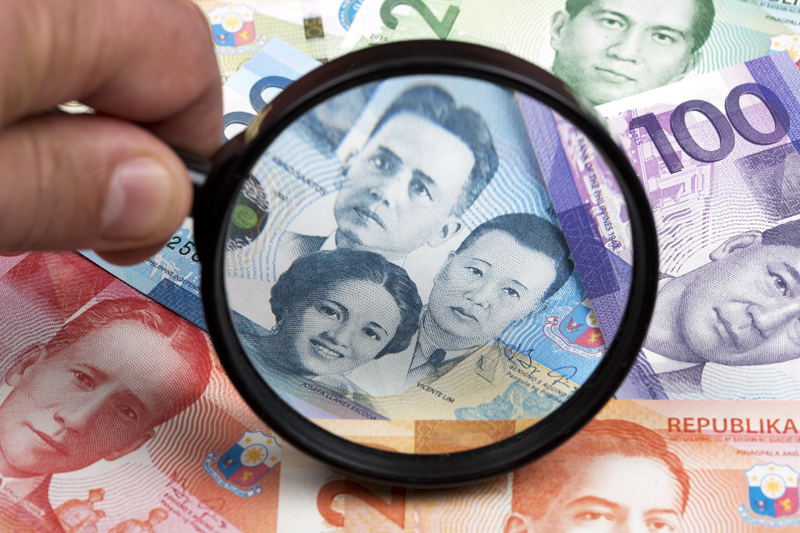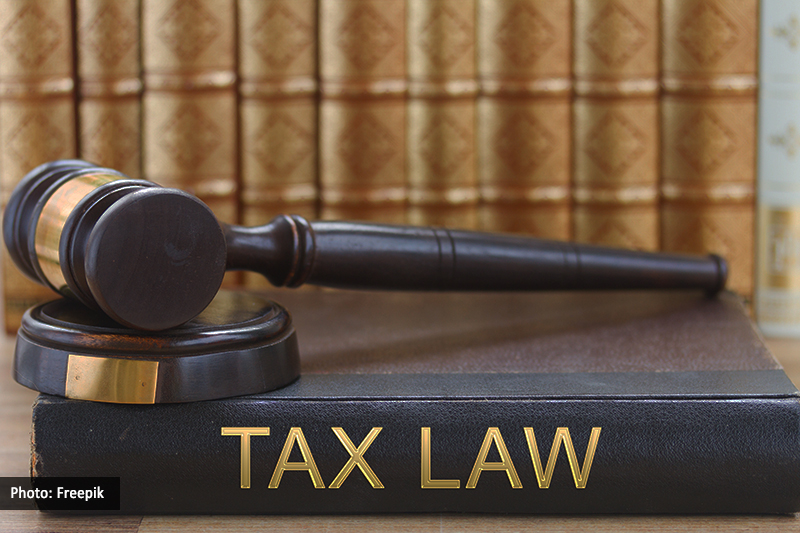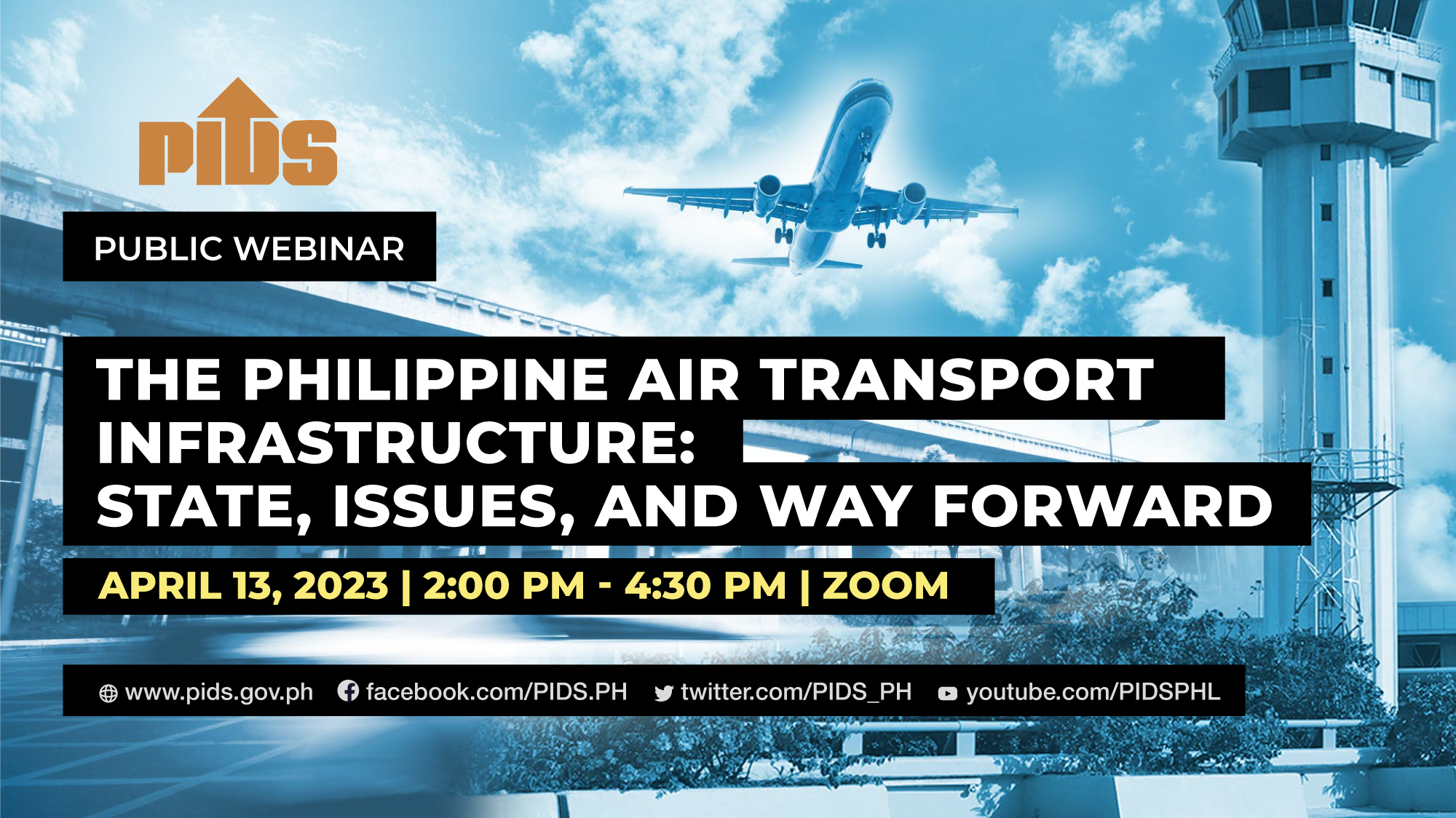I have said this a number of times and will continue to say it – additional taxes and measures that put unnecessary burden on doing business are not necessary, if government is doing its job.
As held in the case of Bull vs United States, “taxes are the lifeblood of the government and their prompt and certain availability is an imperious need.” No government can exist nor endure with taxation. In another case, the Supreme Court noted that “government projects and infrastructures are made possible through the availability of funds provided through taxation. The government’s ability to serve and protect the people depends largely upon taxes. Taxes are what we pay for a civilized society.”
There is no doubt that it is only through taxation that government can run like a well-oiled machinery.
But when there is a huge disparity between what government actually collects in terms of taxes and customs duties, and what it should really be getting, and then government turns around and imposes new taxes to cover for the difference, then something is very, very wrong.
A study by the University of Asia and the Pacific, for instance, places government’s losses in terms of excise tax and value-added tax due to illegal trading of cigarettes at P17.9 billion in 2015, from P19.9 billion in 2014 and only P2.6 billion in 2012. It should be noted that it was from 2012 to 2015 that excise taxes on tobacco products significantly increased.
Another study, this time by Oxford Economics estimated that tax losses due to consumption of illicit cigarettes was at P9.4 billion in 2017 from P17.4 billion in 2016.
There are now proposals to further increase tobacco taxes to as much as P60 per pack from P30 per pack to generate funds for the universal health care program. If only government was doing its job, then there would be no need to burden the tobacco industry just to be able to finance public services.
Meanwhile, the ordinary consumer continues to suffer as a result of the TRAIN Law, which imposed additional excise taxes on petroleum products.
If the performances of the Bureau of Internal Revenue and the Bureau of Customs were up to par, then there would have been no need for higher excise taxes on fuel.
According to Finance Assistant Secretary Tony Lambino, smuggling of petroleum products into the country is costing the government at least P40 billion in revenues every year. Another DOF estimate placed revenue losses from excise tax and VAT due to oil smuggling and misdeclaration at P26.9 billion in 2016, or almost half the P52.6 billion collected by the BOC and BIR that year. However, the amount appears to be far from reality.
The Asian Development Bank estimates P37.5 billion in foregone tax revenues every year from oil smuggling, while a study commissioned by the local oil industry placed this at P43.8 billion annually.
A 2017 report by the United Nations Trademap has showed a huge discrepancy between its reported figures for imported finished products to the Philippines from Taiwan, and data from the Philippine Statistics Authority (PSA).
The UN Trademap said that in 2017, 91.8 million barrels of diesel and gasoline were exported from Taiwan to the Philippines, compared to the 3.3 million barrels reported by the PSA. This means a difference of 88.5 million barrels or P60 billion in unpaid duties. And this is from Taiwan imports alone.
While TRAIN was able to raise P43 billion in excise taxes during the first nine months of 2018, imagine how much it could have collected if it was able to capture every barrel of fuel that was brought into the country.
Unfortunately, the additional excise taxes imposed on fuel by the TRAIN Law directly contributed an additional 0.7 percent to the country’s inflation rate, which soared up to 6.7 percent in September and October last year, according to a study conducted by the Philippine Institute for Development Studies.
To combat smuggling, the government will implement fuel marking on all petroleum products that are refined, manufactured, or imported into the Philippines, such as gasoline, denatured alcohol for motive power, kerosene and diesel fuel oil after the taxes and duties have been paid.
If the petroleum products do not contain the official marker, or which contain the official marker but are diluted beyond the acceptable percentage, then it will be presumed that it was withdrawn with the intention to evade payment of taxes due.
According to the DOF, the joint venture of SGS Philippines and Switzerland-based SICPA SA is expected to provide a unique chemical marker capable of being embedded at a molecular level to petroleum products.
The first full year of fuel marking implementation will be subsidized, with a P2-billion allocation under the national budget. However, in the succeeding years, it will be passed on to the industry, which may eventually pass it on to the consumers. Based on the contract with SGS-SICPA, fuel marking will cost six centavos a liter.
Plans are that the roll-out initially cover legitimate players, but why them? There are suggestions, however, that in order to be more effective, the fuel marking program should first be implemented in areas where smuggling is rampant such as Subic, PHIVIDEC, and other private and free ports.
I talked to a former top executive of one of the country’s leading oil industry players and asked him why some stations are able to sell at a low price. He said they are forced to compete with smaller players in the same area who sell very cheap fuel, even at below cost. This, the smaller players can only do if they are not paying the proper duties, he said.
Government should seriously considering setting aside the third tranche of fuel tax increases by 2020. The people do not deserve to suffer as a result of government’s inability to curb smuggling.

